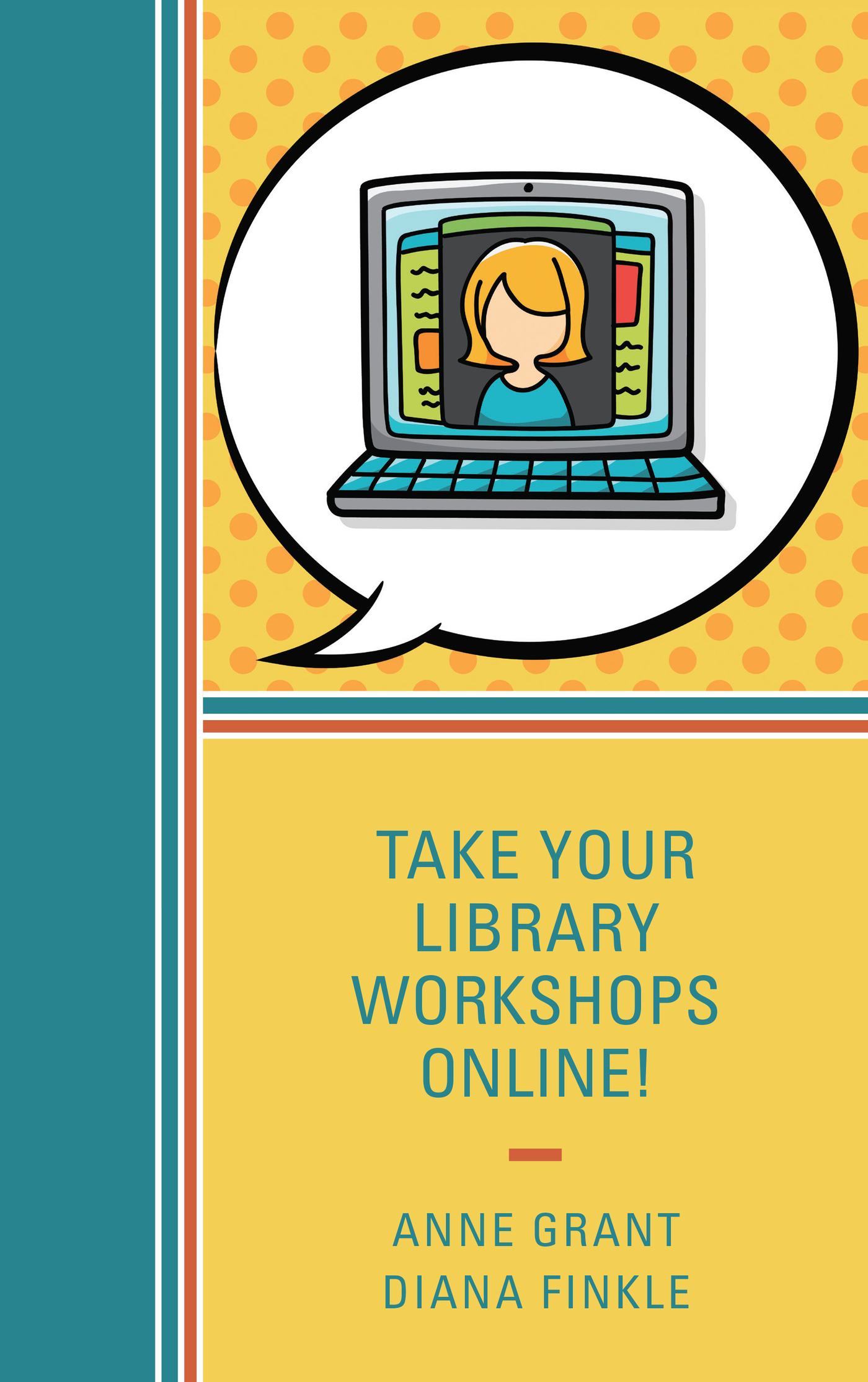Take Your Library Workshops
Online!
Take Your Library Workshops
Online!
Anne Grant and Diana Finkle
ROWMAN & LITTLEFIELD
Lanham Boulder New York London
Published by Rowman & Littlefield
A wholly owned subsidiary of The Rowman & Littlefield Publishing Group, Inc.
4501 Forbes Boulevard, Suite 200, Lanham, Maryland 20706
www.rowman.com
Unit A, Whitacre Mews, 26-34 Stannary Street, London SE11 4AB
Copyright 2016 by Rowman & Littlefield Publishers, Inc.
All rights reserved. No part of this book may be reproduced in any form or by any electronic or mechanical means, including information storage and retrieval systems, without written permission from the publisher, except by a reviewer who may quote passages in a review.
British Library Cataloguing in Publication Information Available
Library of Congress Cataloging-in-Publication Data
Names: Grant, Anne, 1975 author. | Finkle, Diana, 1985 author.
Title: Take your library workshops online! / Anne Grant and Diana Finkle.
Description: Lanham : Rowman & Littlefield, [2016] | Includes bibliographical references and index.
Identifiers: LCCN 2016000786| ISBN 9781442263970 (hardcover : alk. paper) | ISBN 9781442263987 (pbk. : alk. paper)
Subjects: LCSH: Library orientation for college studentsWeb-based instruction. | Web-based instructionDesign. | Academic librariesRelations with faculty and curriculum. | Libraries and collegesUnited StatesCase studies. | Clemson University.
Classification: LCC Z711.25.C65 G73 2016 | DDC 025.5/677dc23
LC record available at https://lccn.loc.gov/2016000786
 TM The paper used in this publication meets the minimum requirements of American National Standard for Information Sciences Permanence of Paper for Printed Library Materials, ANSI/NISO Z39.48-1992.
TM The paper used in this publication meets the minimum requirements of American National Standard for Information Sciences Permanence of Paper for Printed Library Materials, ANSI/NISO Z39.48-1992.
Printed in the United States of America
Acknowledgments
We would like to thank Micki Reid for the photographic contributions and Andy Wesolek for his insights into copyright in consultation on the content of this book. We also would like to express our appreciation of all our Clemson University Libraries colleagues who assisted during the years of effort about which we have written this book.
Preface
Are you nervous about declining attendance in your face-to-face workshops? Do you know that you need to make a change to your instruction program but are not sure how? We faced these same questions at our institution and started along a path of discovery that led us from square one to a program that provides both real-time and recorded online instruction. Through virtual classroom sessions, we opened up live instruction opportunities to students outside the library walls, whether they were at another campus site or in the comfort of their dorm rooms. Our online tutorials can be used to fill information and research needs anywhere at any time, whether within the learning management system during class time or via a YouTube search at 2 a.m.
Developing these online instruction solutions was not easy and involved a long process of gathering data, exploring technologies, investigating best practices, and discovering what did and did not work for our library, audience, and institution. We intend this book to be an honest discussion of much of this process as well as a guide of how to implement changes to instruction more effectively at your own institution. The book begins with a discussion of the motivating factors behind our shift online given an analysis of trends both at our institution and within the larger landscape of United States higher education libraries. Next, we walk you through ways of evaluating your unique campus need, establishing useful connections with other campus departments, and developing online instruction that is engaging, appropriate, and accessible. We then discuss how to assess, report on, and improve your content once it has been created. With down-to-earth discussions of our first-hand experiences, this book means you can learn from our experiences, examples, and errors.
We wrote Take Your Library Workshops Online! to serve as a guide for the academic librarian or library worker who is involved in library instruction, regardless of whether at a large university or a small technical college. It is intended as an introduction and how-to guide for anyone in that audience who is exploring the technical, pedagogical, and logistical considerations of establishing or improving online library instruction, and it includes workflows and detailed instructions as well as inclusive suggestions for marketing and technical solutions.
If you are interested in establishing or diversifying the online workshops available to your campus community, there is no need to begin at the very beginning. Learn from our experiences in creating an online workshop program, from examining the change in library instruction culture to determining the online content types most appropriate for your institution all the way through gathering feedback on these new efforts and applying that information to improvement and institutional reporting.
Chapter 1
Saying Goodbye to the Face-to-Face Drop-In Workshop?
Providing a drop-in library workshop is not easy. First, you have to find a relevant topic that will attract participants and one that fits the talents of the library instructor who will lead the session. After you have a selected topic, you need to prepare an outline that will include sample searches, planned activities for an engaging lesson, outcomes, and assessments. Next, you need to find space in which to hold the workshop, considering whether your students will need individual computer access in a lab or a space conducive to group activities. Finally, you must put into action some type of marketing plan to raise awareness of the workshop among its targeted audience. This marketing plan will include choices about placement of marketing material that is crucial to the success of the awareness campaign. Should you put advertising online, in print, on social media, in direct-mail fliers, on bulletin boards, or all of the above? Whether in print or online, marketing pieces need to be attractive, eye catching, and direct. Much of the same is true about the session that you are planning to provide. Library instructors need to ensure that participants in their workshop are engaged, educated, and enlightened. Thus, before the students have even entered the classroom, you as the instructor or instruction coordinator have invested a great deal of effort into the session. You have put your time, energy, and creativity on the line before you are even guaranteed an audience. Therefore, when a drop-in workshop is prepared, advertised, and convened, it can be very disheartening for the library instructor when no one shows up, and it can be equally difficult when only one or two people attend a session. Although low attendance increases the one-on-one attention available for each student, it can also lead to a much different dynamic than expected by both the instructor and the student(s). These brave attendees often sit awkwardly during a session with interactions and activities designed for a much larger group. In either case, these kinds of results do not provide the return on investment that you need when creating an instructional opportunity. In the end, this scenario is beneficial neither to you nor the patrons since the time and energy you spent creating this poorly attended or cancelled session could have been used on another more desired area of service. Unfortunately, this scenario is uncomfortably common because the library instruction needs of modern academic patrons have changed in recent years. Steven Bell and John Shank, pioneers in the concept of the blended librarian, attribute some of these changes to changes in the way textbook publishers include content from databases, major changes in scholarly publishing, and the Googleization phenomena that has led many library systems to become more user friendly.
Next page
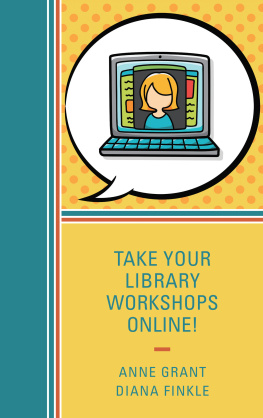

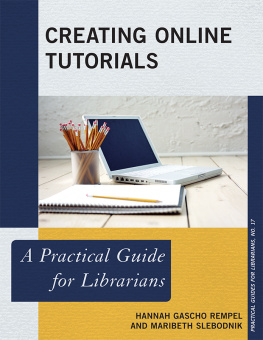
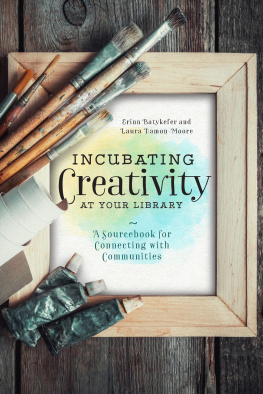
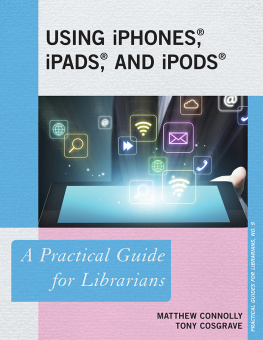
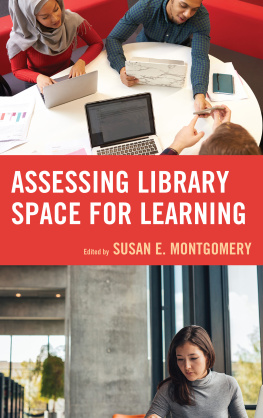
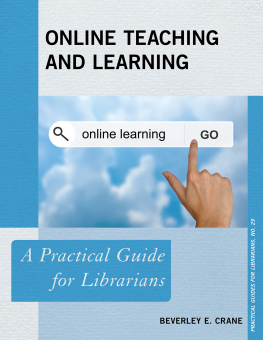
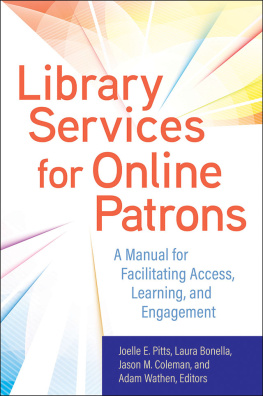
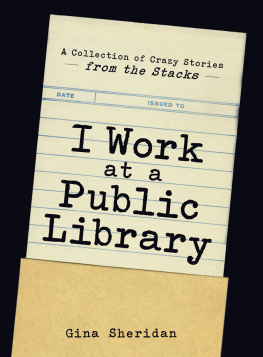
 TM The paper used in this publication meets the minimum requirements of American National Standard for Information Sciences Permanence of Paper for Printed Library Materials, ANSI/NISO Z39.48-1992.
TM The paper used in this publication meets the minimum requirements of American National Standard for Information Sciences Permanence of Paper for Printed Library Materials, ANSI/NISO Z39.48-1992.